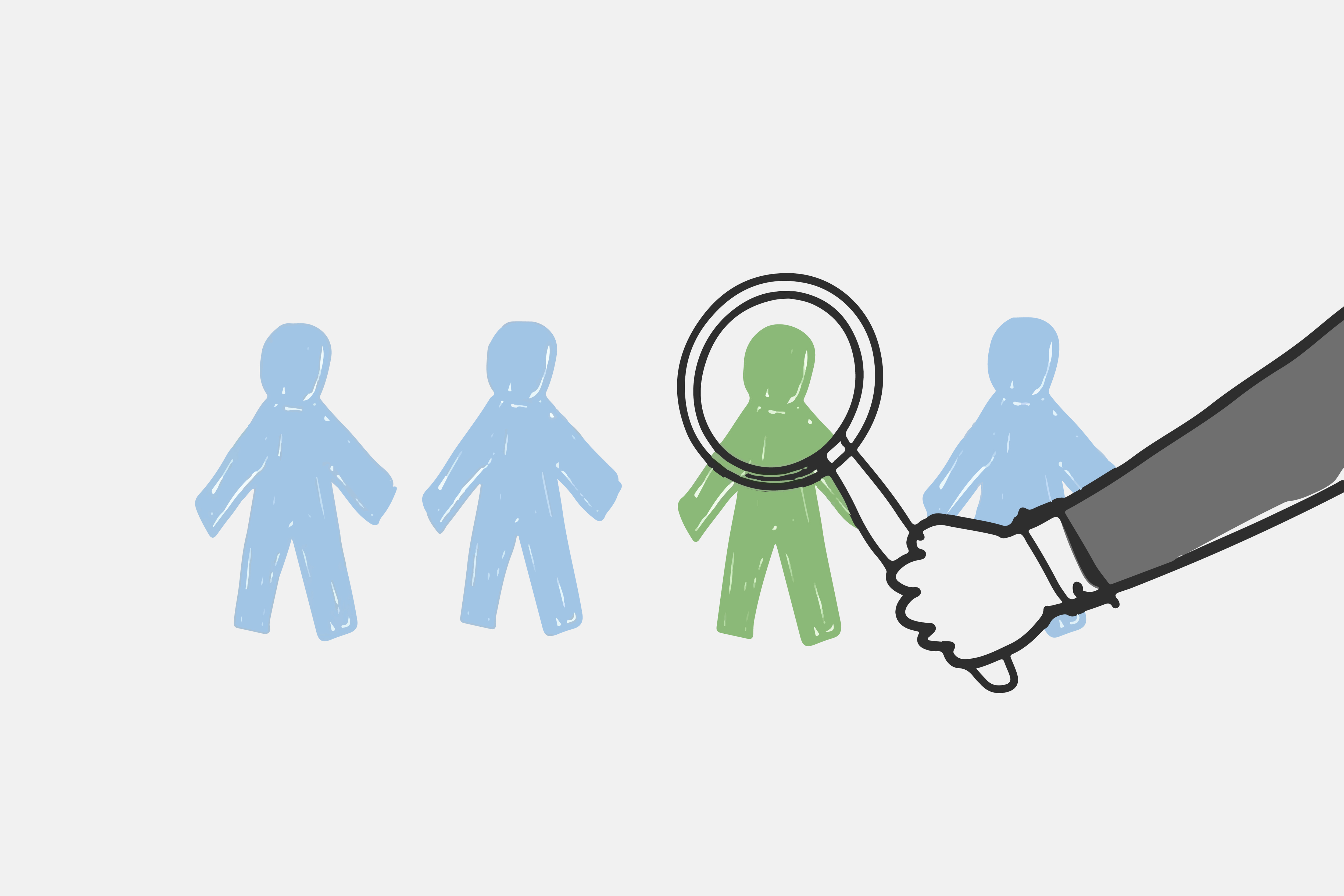
Top Tips for Your Next Job Interview
- Candidates
Good news! After applying for a variety of jobs, you've been offered an interview. This is an extremely exciting time but for many it can be daunting too - but it doesn't have to be.
There are hundreds of tips all over the internet on how to nail a job interview but having worked side-by-side on recruitment strategies with the start-ups and scale-up you're interviewing for, we have the inside scoop on what to do to give your interview a competitive edge.
The decision
There are usually three main criteria for any job that’ll influence the interviewer’s decision:
Skills and knowledge – what is needed to progress the business? This might be a technical skill (C#, Azure, Hadoop), soft skill (sales, negotiation, organization), leadership skill (influencing, creating vision, leading a team), or specific industry experience.
Cultural fit – are you the “type of person” the hiring manager is looking for? This doesn’t necessarily mean that you fit the current culture, but that you fit what the hiring manager wants you to be – especially if they’re promoting a cultural shift within the business.
The details – salary, location, willingness to travel, availability to start, etc.
The tips below will help you check the first two boxes, leaving only the practical details up for negotiation.
Here are our top tips on nailing your upcoming job interview:
Understand what the interviewer is trying to achieve
Generate a conversation
Balance push & pull
Give evidence-based answers
Be enthusiastic/passionate
State your interest
Ask for feedback
1) Understand what the interviewer is trying to achieve
The interviewer is looking to fill a skills gap in their team. Understand this gap & explain how you can fill it.
Although for you, this interview is a crucial step on your career path, put yourself in the interviewer’s shoes before you prepare for the day. Realistically, the interviewer has a requirement on their team that they’re trying to fill, and they simply want to know if you can fill that gap. It’s not a personal judgment on you, but on how well you can help them. So, gear every interview answer towards showing you’re the perfect person to help them meet the requirements stated in the job description.
2) Generate a conversation
Build a rapport with the interviewer by being personable and friendly. Prove you’re the type of person they’d enjoy working with day-to-day.
These days, interviews aren’t about a quick-fire round of Q&A where you have to answer the question correctly. Interviewers, especially in start-ups and smaller teams, want to be sure you’re the “right kind of person” they can work well with on a daily basis.
Try to make interesting conversation with the interviewer to build rapport – for example about a great work experience, interview task, or piece of software you’re really passionate about.
3) Balance push & pull
While you’re selling yourself, ask questions that encourage the interviewers tosell the job toyou.
Think of the ‘push’ as selling yourself, and the ‘pull’ as qualifying them. Ask your interviewer questions about the role to lightly challenge them and get them to sell to you. This automatically generates a psychological response where the interviewer wants you a little bit more as no one likes the feeling of rejection.
For example, if an interviewer asks you: “We code the majority of our apps on .NET/C#. This is working well for us, but we may look into opensource technologies. What technologies do you like working with?”
You can answer: “I’ve coded with .NET/C# for a long time and I do enjoy it. I understand what you’re saying though, with more opensource technologies becoming mainstream, I want to learn more about them. What kind of technology are you thinking of bringing in?”
Be careful with this though. Make sure you find the right balance between push and pull because if you pull too much, you may come across as disinterested or challenging.
4) Give evidence-based answers
Focus on backing up your claims, not providing theoretical answers.
As part of your ‘push’, sell yourself with evidence-based examples. If you’re asked whether you have experience using certain software, go above and beyond the standard answer by offering details about when you used it, why, what you liked about it, and any metrics-based or tangible lessons you’ve learned. Follow this up with a question about other software they use or openness to integrating X software and you’ll have an answer that’s far more impactful than simply: ‘Yes, I have experience using X software in my previous role.’
5) Be enthusiastic and passionate
Prove you’re the kind of person who has some fire beneath them.
Enthusiasm and passion are always remembered by interviewers and make a great first impression. While enthusiasm for your job/project is helpful, showing enthusiasm in an interview doesn’t need to be related to the role you’re interviewing for, it could be about the sports team you play for or your family.
The key is not to come across as apathetic - who wants that on their team?
6) State your interest
If you’re interested – say so.
There are countless people who don’t get the offer they really want purely because the hiring manager “didn’t get the feeling” they were interested. So, if you’re interested, openly say so.
For example, sign off the interview with: “I just wanted to say it was great speaking with you today, if I’m lucky enough to get an offer, please know I’ll be seriously considering it.”
Beware though – it’s important to find the right balance here. You don’t want to come across TOO interested, as this may put interviewers off or diminish your negotiating position later on.
7) Ask for feedback
Find out about the interviewer’s doubts or lingering questions before you finish the interview so you have a chance to put these to rest.
Asking for feedback is vital, but people often forget this in an interview. Before the interview ends, you need to know if there are any doubts in the hiring manager’s mind, so you can act on these.
In the “what questions do you have for us” part of the interview, let this be the final one: “based on our conversation, I feel this role suits me really well and sounds great. Do you have any concerns about my fit for the role?”
If the interviewer comes back with nothing negative, this is a great sign – you’ve likely nailed the interview while proving you’re confident asking for feedback. Or, if the interviewer does have concerns, this is the perfect opportunity to explain why you would be a good fit and put right any misconceptions.
Make sure you show some empathy as to why the interviewer has come to certain conclusions about you, though. This way, you won’t come across argumentative or pushy.
The best way to nail a job interview?
These tips are just the tip of the iceberg when it comes to nailing your job interview.
As part of our candidate plan, we help you put your best food forward with every application by supporting you with everything from reviewing your CV, to giving you tailored interview tips, and helping build your confidence and interview style.
If you're already signed up as part of our candidate plan, be sure to get in touch with your consultant if you have any questions or concerns and we'll be happy to help.
Or, if you're new here, we'd love to help you take the next step on your career path! Whether you're considering a new job or already deep into the application process, get in touch on 0113 833 5855 or email hello@findrs.co.uk for a no-obligation chat with one of our friendly consultants to see how our candidate plan can help you.


